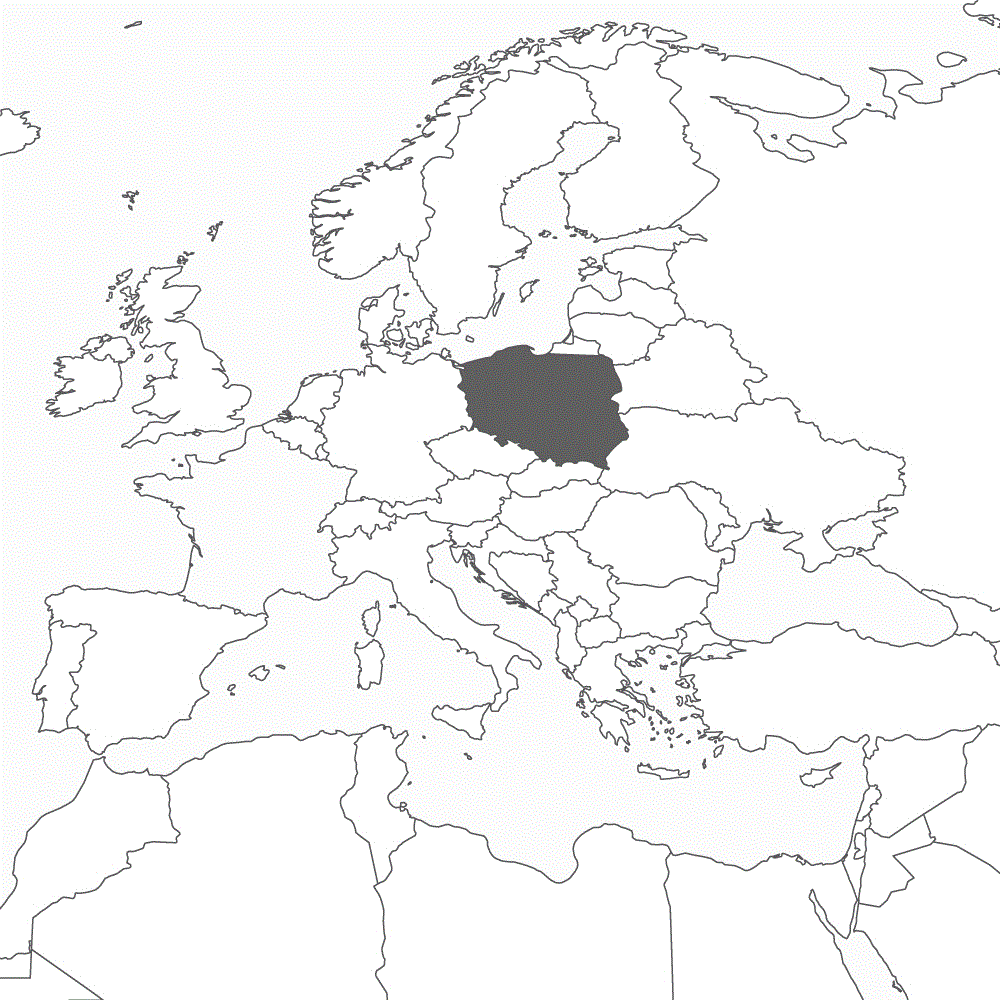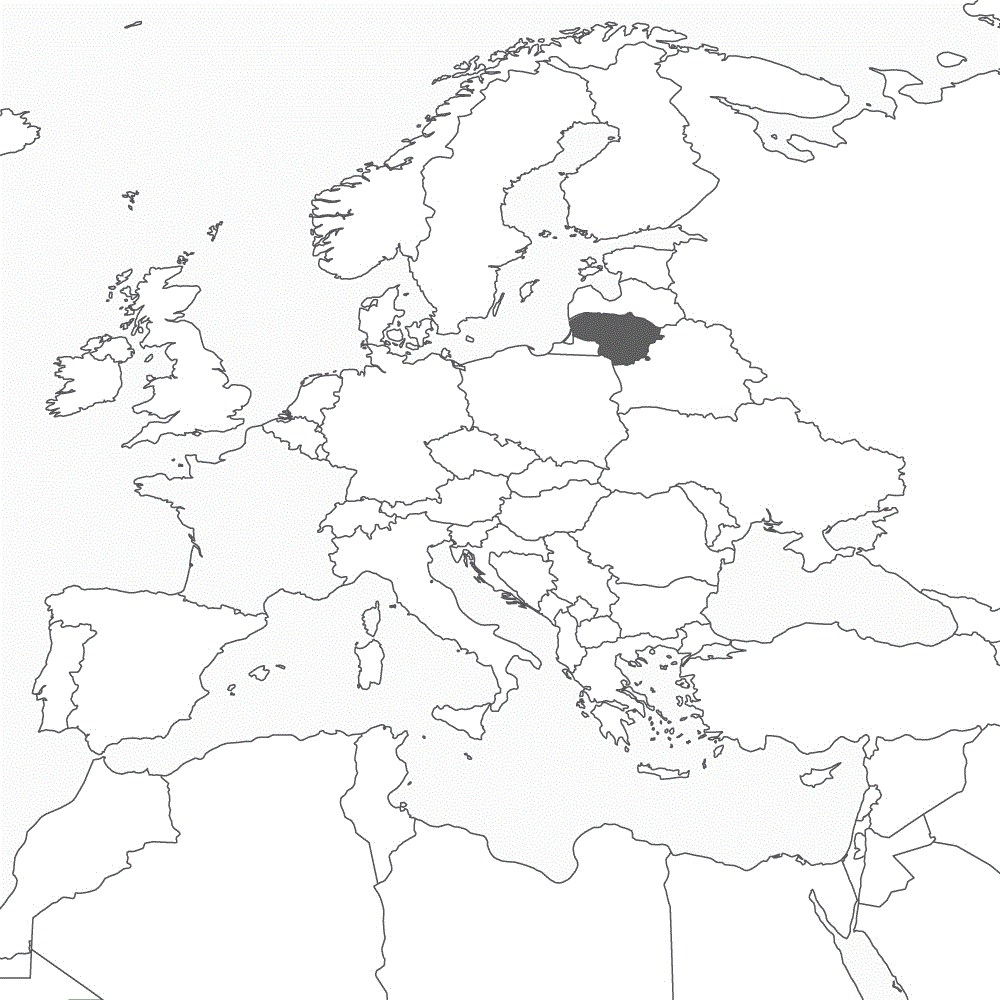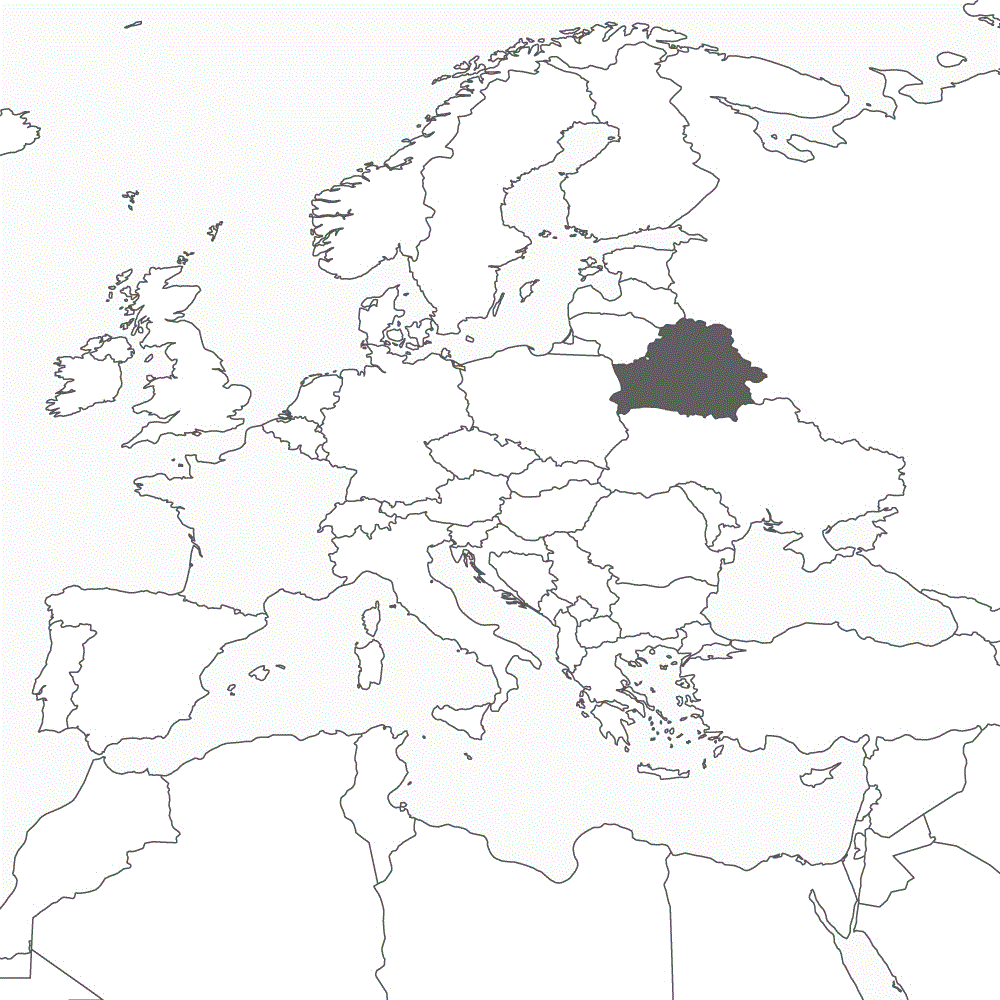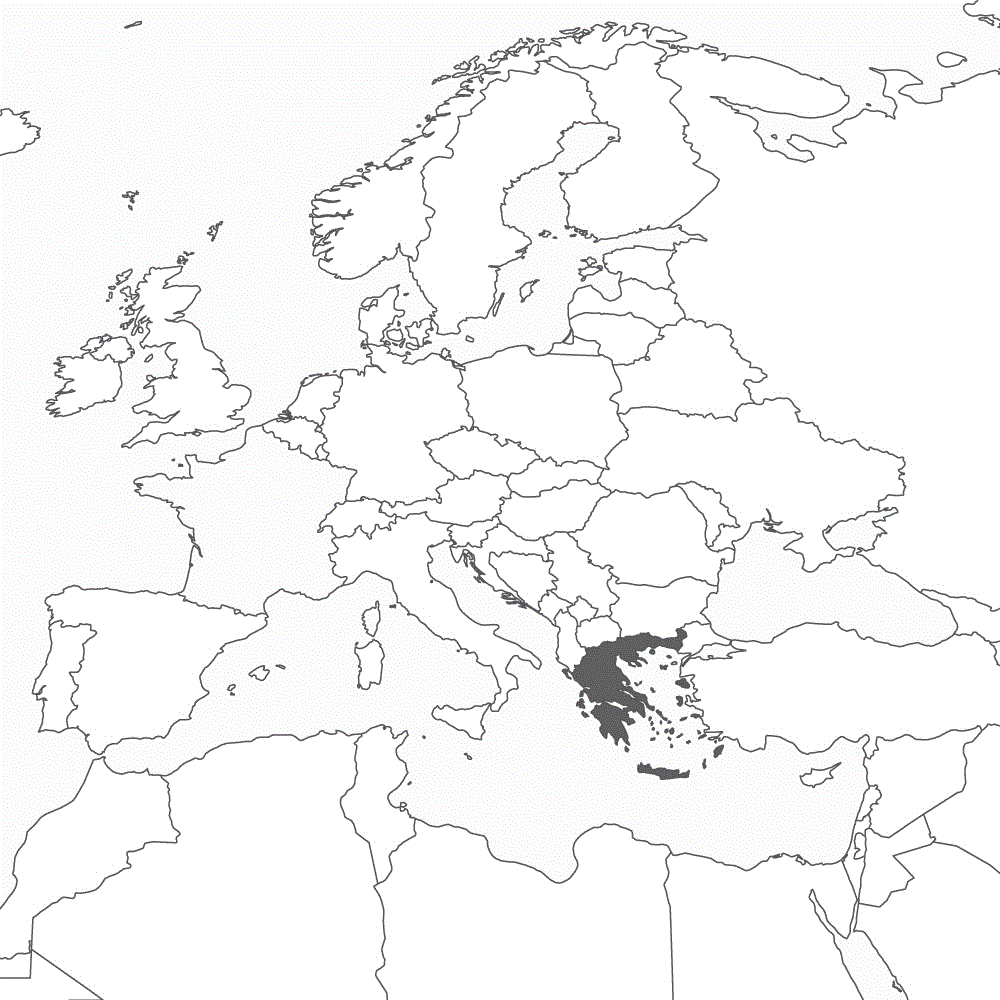‘A legitimate target’
German attempts to uncover the truth behind the Nord Stream pipeline sabotage are being thwarted by close allies. The half-hearted investigation rules out the plausible thesis of covert US action.
BERLIN/WARSAW/KIEV (own report) – Germany’s close allies are blocking the investigation into the attack on the Nord Stream pipelines. It has even been designated a “legitimate target”. If the attack was carried out with the clear intention of preventing the sale of Russian natural gas to Western Europe, then it was completely justified, stated Czech President Petr Pavel last week. Poland’s Prime Minister, Donald Tusk, had previously said that anyone who had ever favoured the construction of one of the two Nord Stream pipelines should now “apologise and ... keep quiet”. Indeed, Poland has been undermining the investigations by German authorities for some time. The Federal Criminal Police Office (BKA) now attributes the attack to a group of private individuals, including several Ukrainians. Yet verification remains far off. According to media reports, Ukrainian President Volodymyr Zelensky and possibly also Polish officials were aware of the attack plans. Yet experts still have serious doubts as to plausibility of the official German theory. Despite strong arguments in favour of a state perpetrator, most likely the United States, Germany will not conduct its investigations in this direction. Read more
Patriots for Poland
Berlin will deploy Patriot air defense systems in Poland, de facto thereby integrating that country into the European air defense initiative, which Warsaw, so far, has shunned.
WARSAW/BERLIN (Own report) – Berlin prevailed against Warsaw’s opposition and will, at last, deploy Patriot air defense systems in Poland. This was confirmed by the defense ministers of both countries. Only details of the deployment must still be agreed on. German air defense units would thus be deployed in a second EU member country – besides Slovakia. This is in line with Berlin's efforts to establish the European Sky Shield Initiative (ESSI) under German leadership, in which Poland refused to participate because, until now, it has been organizing its air defense in close cooperation with the United States, on which it is militarily oriented. With US assistance, Poland seeks to create "the most powerful ground forces in Europe,” according to Defense Minister Mariusz Błaszczak. “Poland has become our most important partner in continental Europe,” a senior US Army official confirms. With the deployment of the Patriot systems, Berlin is not formally, but de facto, integrating Poland into ESSI. Two of its three systems are Germany-produced – in the future the US patriot system also. Read more
Power Struggles Behind the Front
The transatlantic power struggle for the dominating position in Eastern and Southeastern Europe escalates – in regards to military buildup, energy supply and Ukraine’s reconstruction.
WASHINGTON/WARSAW/BERLIN (Own report) – The power struggle escalates between Washington and Berlin for the dominating position in Eastern and Southeastern Europe and is impacting the dispute over Ukraine’s reconstruction. Whereas the EU Commission had initially claimed leadership in that country’s reconstruction, Washington is now arguing that Brussels lacks the necessary “political and financial heft” to do so. The United States must therefore assume the leadership. Meanwhile, in Poland the USA is superseding an initiative being promoted by Berlin to create a European air defense system, at the same time, establishing Poland as a hub for the proliferation of US nuclear technology in Eastern and Southeastern Europe – at the expense of the French nuclear industry. The USA is using the Three Seas Initiative to begin to transform Eastern and Southeastern Europe into another market for US liquified gas. This regional project comprises twelve nations between the Baltic, Adriatic and Black Seas and was launched by Poland and others in 2015 at Washington’s suggestion. This initiative runs counter to German interests in the region. Read more
“Welcome to Guantanamo!”
Amnesty International decries mistreatment of refugees in Lithuania and racist discrimination of non-white versus Ukrainian refugees; speaks of “torture.”
VILNIUS/WARSAW/BRUSSELS (Own report) – Lithuanian border officials and camp guards regularly mistreat non-white refugees and violate international law with their procedures. This is documented in a report published today by Amnesty International. According to this report, refugees were pushed into a river of chest high water as they were illegally forced back toward Belarus at the Lithuanian border. Others were maltreated with sticks and tasers. According to Amnesty, living conditions in Lithuania’s detention centers “amount to torture.” The organization particularly decries the discrimination of non-white versus Ukrainian refugees, who are welcomed with open arms. Non-white refugees, however, are additionally exposed to blatant racism at the borders and in the detention camps. Amnesty had already described similar conditions in Poland back in April. According to Amnesty, the EU and particularly the EU Commission under the leadership of its German President Ursula von der Leyen, are co-responsible: Brussels supports the border closures, while de facto tolerating mishandling and violations of international law at its borders. Read more
Refugees Dying in No Man's Land (III)
More fatalities at EU's external border. With new sanctions, Brussels adds new instrument for warding off refugees. Poland and Baltic countries reinforce military activities at the eastern border.
BRUSSELS/WARSAW/MINSK (Own report) - Despite new fatalities in the no man's land at the Polish-Belarusian border, the German government is blocking assistance offers and prioritizing sanctions against Belarus over measures for combating the humanitarian crisis. It continues to ignore an offer by the city of Munich to accommodate refugees and grant them regular asylum procedures. Meanwhile, Foreign Minister Heiko Maas praises the decision to introduce a new instrument of sanctions, penalizing assistance to undesirable migration that he and his EU counterparts adopted yesterday. This includes sanctions against Belavia Airlines, because it transports refugees to Minsk. The EU, thus, has an additional instrument at its disposal for warding off future refugees. And Maas envisages even more sanctions against Belarus announcing, "we will now continue along this rigorous path." At the same time, eastern EU and NATO countries continue military activities at the Belarus border. Lithuania's foreign minister demands that a "no-fly-zone" be imposed on the Minsk Airport. Read more
Refugees Dying in No Man's Land
Push-backs of refugees will be discussed at the EU summit, which begins today. Fourteen member states are demanding EU funds to build meters high razor wire fences at EU's external borders.
BERLIN/BRUSSELS (Own report) - In violation of international law, the expansion of pushbacks at the EU's external borders and the construction of several meters high razor wire border installations are on the agenda of the EU summit, which begins today. Recent investigations provided video evidence that, on the one hand, the pushbacks at EU's external borders, which have been documented and criticized for years, have actually been implemented by regular police units with funding from Brussels. On the other hand, 14 EU members, including Poland and the Baltic states are demanding subventions for the fortification of their borders. Because Poland is illegally denying entry to refugees and is prohibiting access to the border area by aid organizations through declaring a state of emergency, at least seven refugees so far have died in the no man's land between Poland and Belarus. German Interior Minister Horst Seehofer praised Poland's prevention of refugees at the country's eastern border and suggested joint border patrols to prevent refugees from entering Germany. Read more
Eight Hundred Billion
A large coalition of German parliamentary parties offers charity to Poland. Commentary by Hans-Rüdiger Minow
Several hundred members of the German Bundestag are planning major construction projects in Warsaw. The non-partisan group of German parliamentarians - ranging from right to left - is discussing transformation plans for the Polish capital, which had been destroyed in the 1940s, when war was raging everywhere. Warsaw could finally be embellished with historical sensitivity and German money from a "Poland Fund." Berlin is discussing the reconstruction of Warsaw's huge 18th century Baroque palace, the "Pałac Saski" in reminiscence of the Kingdom of Poland, when Poland was moaning under the reign of the Saxons ("Saxony Poland") - a serious proposal from the portfolio of Germany's Poland institutes. Therefore, Warsaw's museums and libraries must also expect wide-ranging construction measures. They would be expanded, with means from the "Poland Fund," to make room for cultural goods from Germany, where they have been stored in greater quantities - some already for several centuries. They had unfortunately disappeared from Poland, when "Saxony Poland" had been succeeded by quite varying regimes under German domination. Poland's cultural heritage had been transferred to Berlin in a cloak-and-dagger operation, supposedly to safeguard it from theft and destruction. The Polish artifacts would, however, remain German property and only loaned out to Warsaw's museums, as was so caringly suggested in the Germany capital. Read more
BERLIN/WARSAW (Own report) - Poland's ambassador to Germany is raising serious accusations against the Federal Republic. "More than half of the past 100 years of German policy toward Poland have been a disaster," the diplomat from Warsaw declared at a conference in Berlin. He also criticized Germany's dealings with Poland since the 1990s. Germany is pursuing its economic interests in Eastern Europe against Poland, even according to German observers, who themselves are critical of the current Polish government. The German government is also using the EU to achieve its goals against Poland's resistance. Poland's ambassador is now calling for dialog "at eye level" and a new approach to German WWII mass crimes in Poland. Berlin rejects these demands for reparations trying to limit itself to cheap commemoration ceremonies. This also concerns a largely unknown group of Nazi victims - those of the "forced Germanization" of Polish children, who had been abducted to the Reich. Read more
BERLIN/ATHENS/WARSAW (Own report) - In reference to Greece and Poland's new demands for reparations for Germany's World War II mass crimes, the German government has reconfirmed its blockade on compensations. Berlin maintains that there are no legal grounds for Athens and Warsaw's demands. No reparations will be paid. A parliamentary commission in Greece has estimated that the material damages inflicted during German occupation between 1941 and 1944, amount to €288 billion. The Polish parliament has estimated the destruction caused by the reign of terror during Nazi occupation is at €840 billion. Athens intends to take initial steps before the end of the year to force German government compliance. Germany, in fact, has successfully avoided honoring any of the compensation claims, by using legal finesse and political pressure. At the same time, German authorities are participating in unofficial memorial ceremonies for the victims of the Nazi reign of terror, ostentatiously begging "forgiveness" from the victims - free of charge. Read more
- (Hans-Rüdiger Minow)
AACHEN german-foreign-policy.com spoke with Hans-Rüdiger Minow about Polish demands for reparations for the mass crimes committed by the Nazis. Minow is the Spokesperson for the Board of Directors of the "Train of Commemoration." On behalf of the "Train of Commemoration," he had advised Polish and other Eastern European victims' organizations, which had convened in Warsaw in 2010 to quantify their reparations claims. There was a reconstruction of the revenues collected by the German Reich from mass deportations with the "Reichsbahn" railway to forced labor and extermination camps, including Auschwitz. Transport by rail, for the benefit of Berlin's state treasury, had affected three to six million people in Poland. The Federal Republic of Germany owes repayment of these revenues. Read more
GERMAN-FOREIGN-POLICY.com
Information on German Foreign Policy: News + Interviews + Analyses + Background





